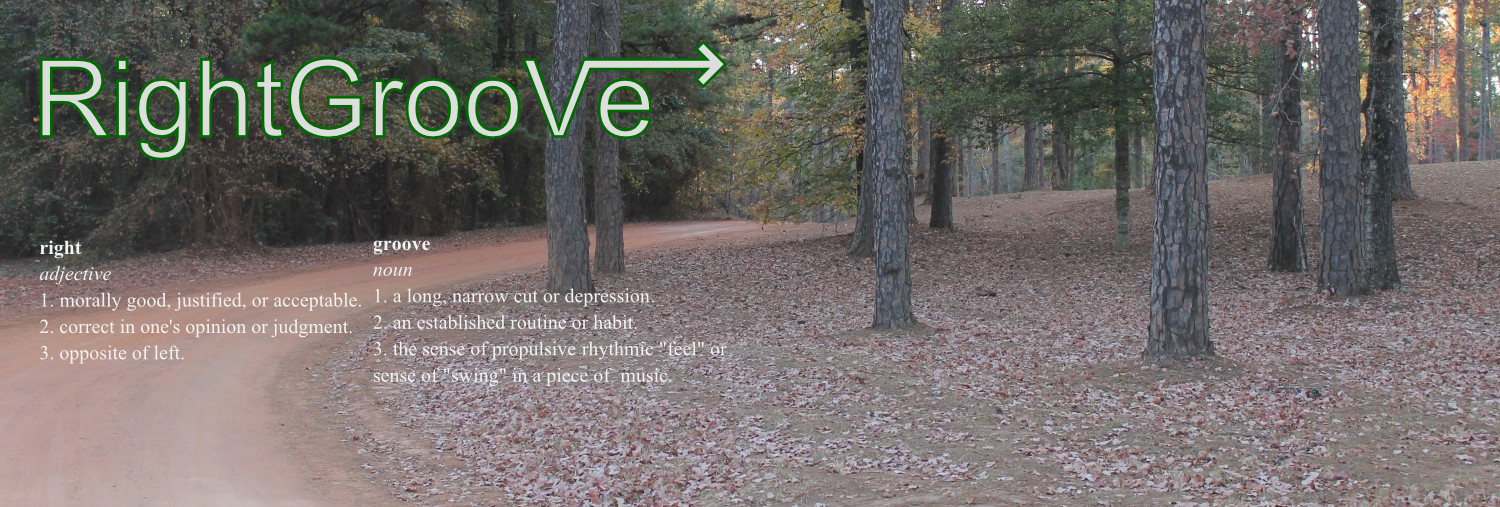Dear Christian,
Have you ever wondered why your spiritual walk doesn’t personally seem to be as effective as others’ spiritual walks? Have you ever wondered why others seem to hear from god, but you just can’t seem to figure out what he’s trying to tell you? Have you ever been in the situation where someone else seems to know more about the decisions you should make because they’ve heard from god, but he won’t tell you what to do?
I’ve been there too. I know exactly what you’re feeling. There have been many times- let’s face the facts… most of my spiritual walk, that I couldn’t figure out what god was telling me to do, but others seemed to be in direct communication with god and knew exactly what he was telling them, but I couldn’t figure it out.
It makes sense that god would give you advice. I mean, consider the scripture, “ask and ye shall receive”, right. It makes sense that he would “lead and guide you in his paths and righteousness”, or some such. Isn’t that what your church leaders have been telling you? That’s what I was told my entire life. From my childhood I was told that if I “ask anything in his name” he would answer and tell me what to do. “All good things come from him”, and something about “the littlest of these”… (I don’t exactly remember the verse, but I do remember that it was used to convince me to trust in jesus).
So what’s going on? Does god communicate with christians or not? Because if he is an omnipotent (all powerful), omnipresent (present everywhere), and omniscient (all knowing) being then he should know what’s going on and be able to tell those who believe in him what’s up and how to make decisions and which path to choose. But from YOUR experience, he doesn’t always do that, does he? Admit it; there are times when you really want god to tell you what to do, but he just won’t give you any direction, specifics, or… well, really, answers. He’s not as reliable as he’s made out to be in the bible, is he? Yeah. I’ve been there. I completely understand it. There have been many times in my life when the preacher or someone in the church told me to “just trust in god” or “ask and ye shall receive” or “he will lead you to the truth”. But what I didn’t realize at the time was that the person making those statements didn’t hear from god any more than I did. Sure, I thought I heard from god. But there were plenty of times that what I thought I heard didn’t work out like I thought the lord told me it would. There were times that what I thought jesus told me to do was a complete failure.
Here’s the real deal, ladies and gentlemen… Everyone… YES, EVERYONE, who tells you that they have heard from jesus is imagining stuff just like you are. I know, it’s hard to accept. It’s hard to comprehend. But it is true. If you were to sit down and have an honest conversation (where there was no worry of being found out) most christians would tell you that they aren’t really sure whether or not jesus is talking to them. But, alas, anyone who claims to have heard from jesus isn’t going to confess that they are not 100 percent sure that they didn’t hear his voice. It’s a double edged sword… You have to claim it to believe it, and you have to confess it to make it real, and others have to hear it to believe that you experienced it… but if it was your own internal voice the whole time (which accounts for the lack of surety and definitiveness, and actual answers that you would expect from an omnipo…whatever being) then it only makes sense that god doesn’t give you any more guidance than he does.
Let’s consider this…
I love this person. “Dear god, should I marry them?” You love them, so yes.
I like this house. “Dear god, should I buy this house?” Can you afford it? i think so. Then yes, buy the house.
I need to have surgery. “Dear god, will you heal me without surgery?” No! (I had to throw that one in)
I want to serve god by xxx. “Dear god, should I xxx?” What do you think? Sure. OK, go for it. or No, I don’t think it will work out, so god says “no, don’t do it.”
Ladies and gentlemen, it seems that the voice of god is nothing more than your conscience, or your internal voice, for lack of better terms. You know all along what you should do or shouldn’t do, but sometimes you won’t listen to yourself. Even if you don’t think you know what to do, your internal voice tells you what to do, or declines to make a decision. Just like you. When your internal voice isn’t sure, that’s when god doesn’t give you a clear answer. When you know exactly what to do, god is there with a clear, precise answer. Sure, sometimes you can convince yourself that you know what to do (or that god is telling you what to do) and it turns out to be the wrong decision. That should tell you that it’s not an omniwhatever god directing your steps. Seriously, if he is omniwhatever and he really loved you, why would he let you make bad decisions, or even make decisions that don’t work out for you? I know… All things work together for those who are called according to… Yeah. That’s an excuse for why an all-powerful, all-knowing, all-present god wasn’t there when you needed him to be, didn’t tell you what you needed to know, and didn’t do what needed to be done for you to succeed in what he told you to do in the first place. THAT, my friend, sounds seriously suspicious.
Would you continue to be friends with another human who made those promises but couldn’t keep them?
I didn’t think so.

